Haiti
U.S. charges Jimmy "Barbecue" Chérizier and American collaborator in sanctions-busting scheme
One of Haiti’s most powerful gang leaders, Jimmy Chérizier, known as "Barbecue," has openly challenged U.S. authorities after being indicted by a federal grand jury for violating sanctions and financing gang operations in the crisis-ridden Caribbean nation.
In a video statement, Chérizier defiantly declared, "My name is Jimmy Chérizier, BBQ. If the FBI wants me, I'm here."
The U.S. Department of Justice unsealed the indictment on Tuesday, accusing Chérizier and a U.S. citizen, Bazile Richardson, of running a "broad conspiracy" to funnel money from the Haitian diaspora to fund gang violence.
Terrorist designation and $5 million bounty
Chérizier, leader of the Viv Ansanm gang alliance, was designated by the U.S. as a foreign terrorist in May.
The State Department has offered a $5 million reward for information leading to his arrest or conviction.
"Chérizier’s reign of terror and mass violence against Haiti must come to an end," said Chris Landberg, a senior State Department official.
However, critics question the effectiveness of the bounty. Jake Johnston, author of Aid State and researcher at the Center for Economic and Policy Research, asked, "What is the logic of putting a bounty on someone who is not in hiding?"
U.S. citizen accused of funding gang operations
The indictment also names Bazile Richardson, a naturalized U.S. citizen originally from Haiti, who allegedly grew up with Chérizier and now lives in Fayetteville, North Carolina.
Prosecutors claim Richardson facilitated money transfers from Haitian expatriates to finance gang activities, including weapons purchases.
Most firearms in Haiti are smuggled from the U.S., where gun trafficking to the island remains a persistent problem.
The indictment alleges that funds were used to pay gang members and buy arms from illegal dealers.
Chérizier, however, insists Richardson is innocent.
Haiti’s deepening crisis
The charges come as Haiti remains engulfed in gang violence, with armed groups controlling much of the capital, Port-au-Prince.
Chérizier’s federation has been a key player in the chaos, which has displaced hundreds of thousands and crippled the government.
With no extradition treaty between Haiti and the U.S., it remains unclear how Chérizier could be brought to justice.
His bold defiance underscores the challenges facing both Haitian and international authorities in curbing gang power.
As the international community grapples with how to stabilize Haiti, the case against Chérizier and Richardson underscores the complex web of local crime and transnational connections fueling the nation’s collapse.




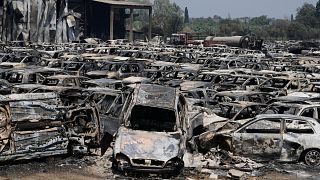

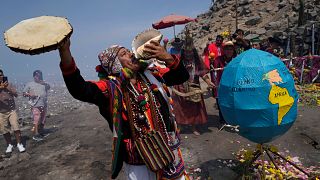
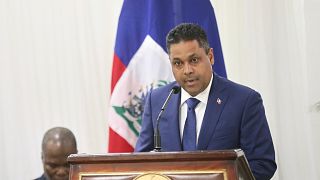
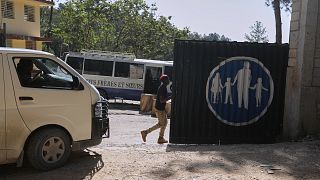
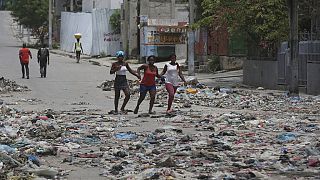
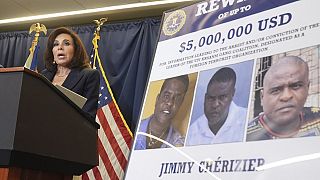
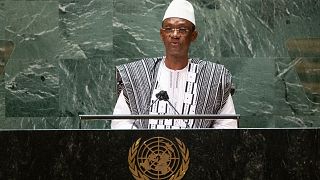
01:05
U.S. sanctions armed group, firms over conflict minerals in Congo
Go to video
Pope Leo urges end to violence in Haiti
01:00
Pix of the Day: August 5, 2025
Go to video
Springfield rallies to defend Haitians facing deportation
01:06
Dominicans protest government’s plan to regularize Haitian immigrants
01:02
Pix of the Day: July 24, 2025